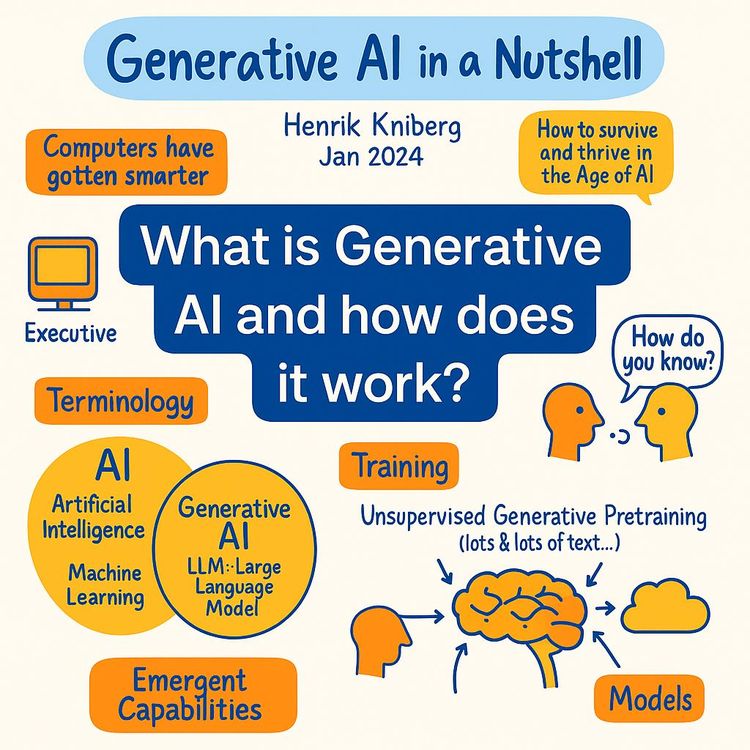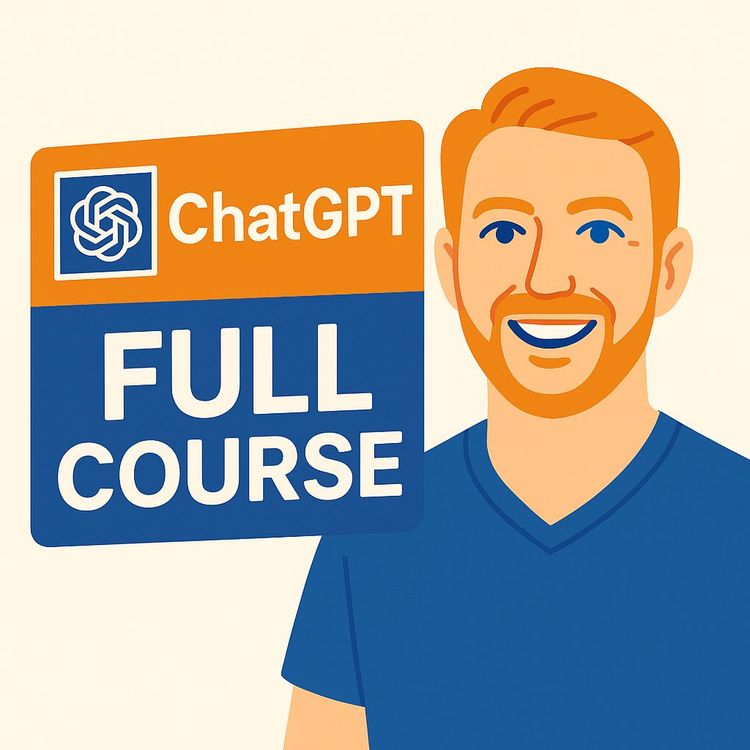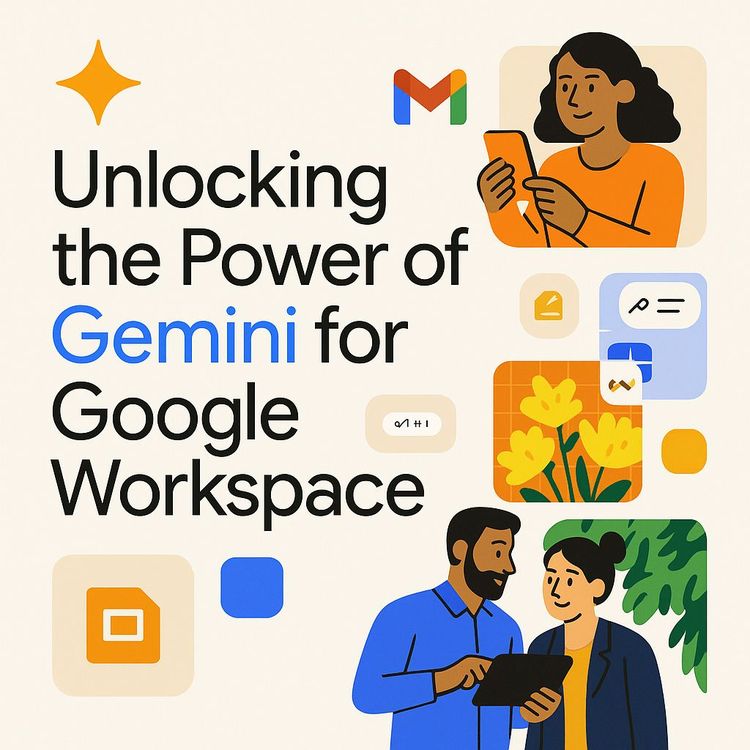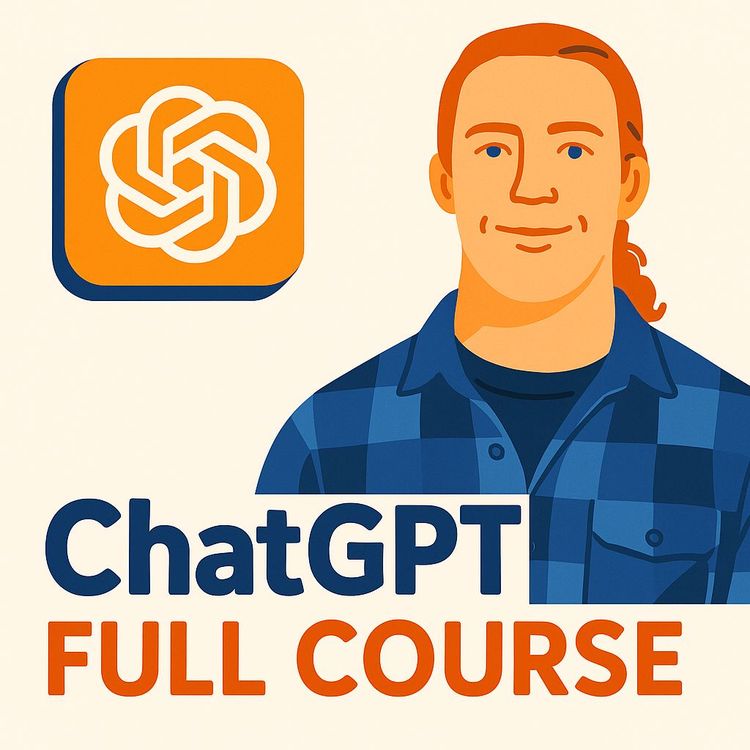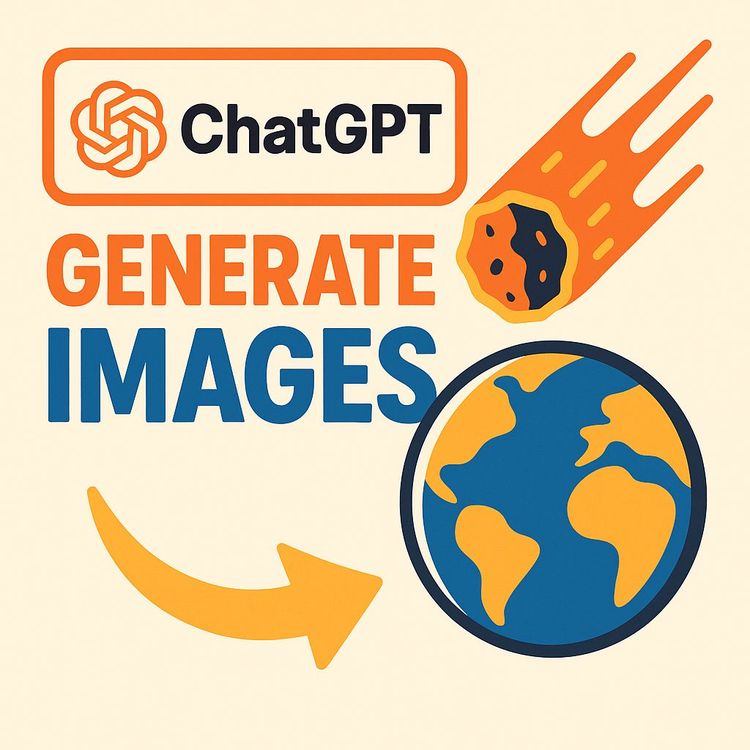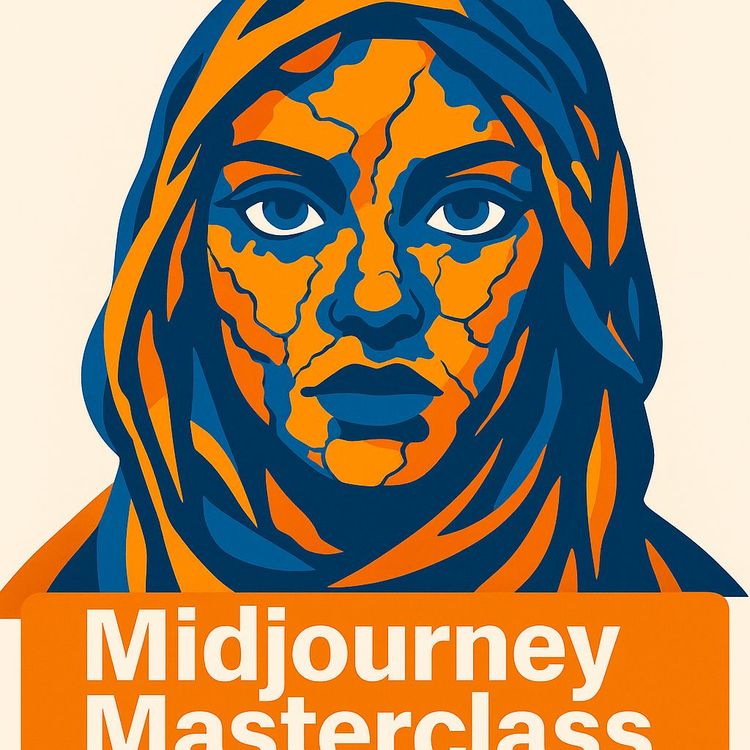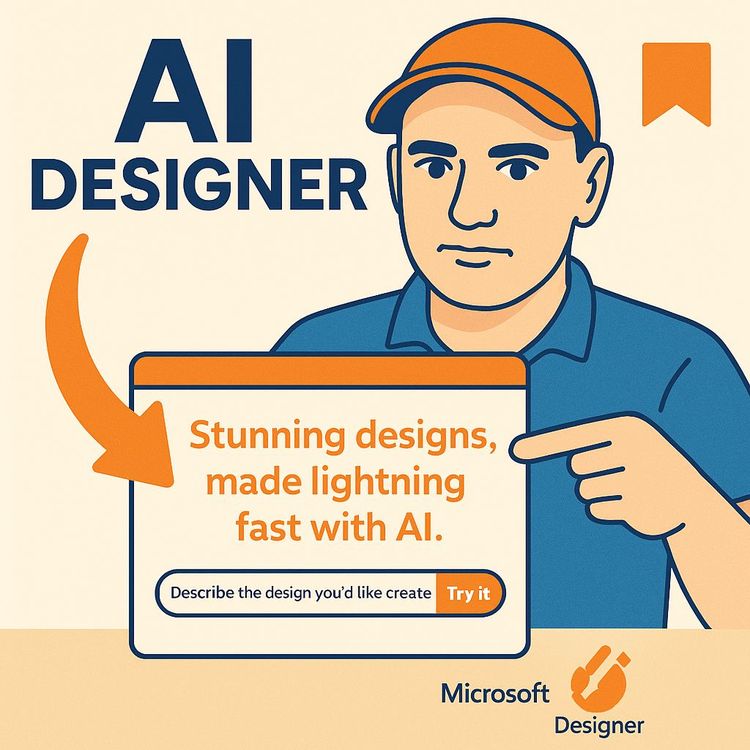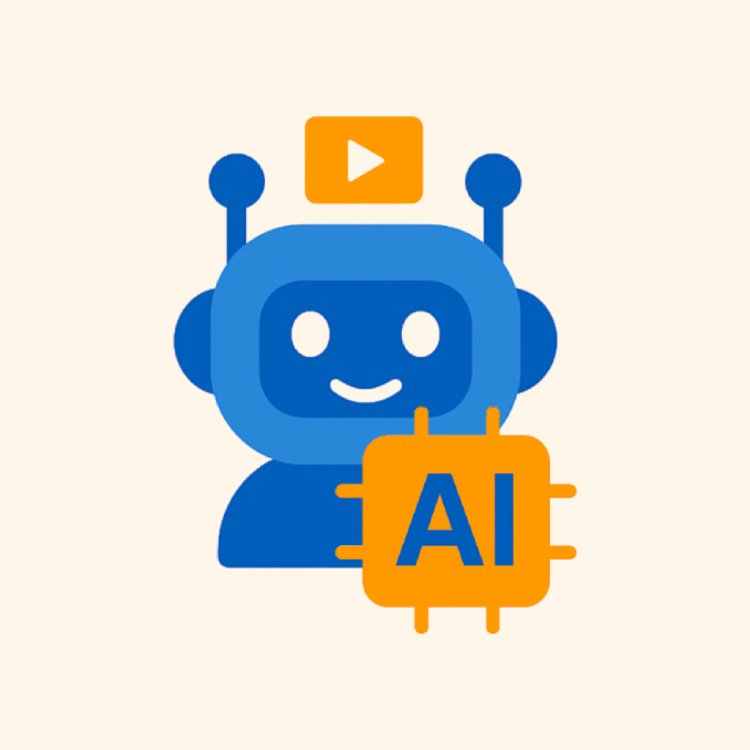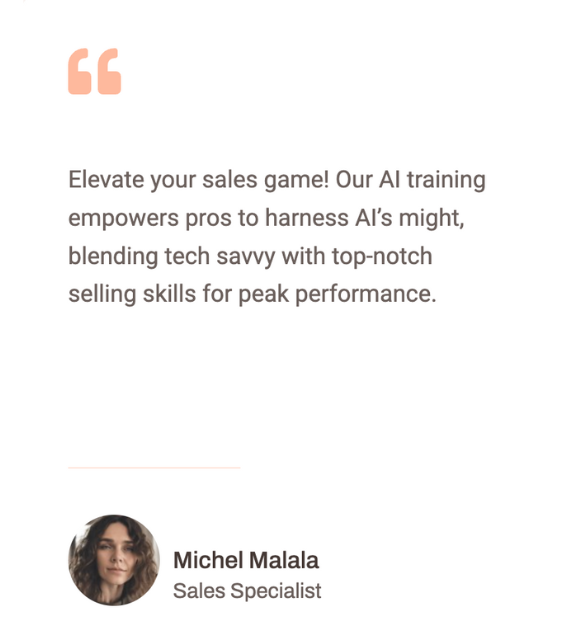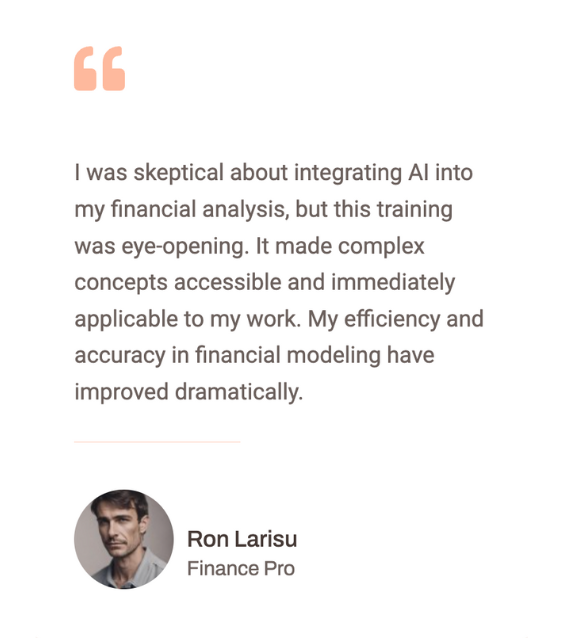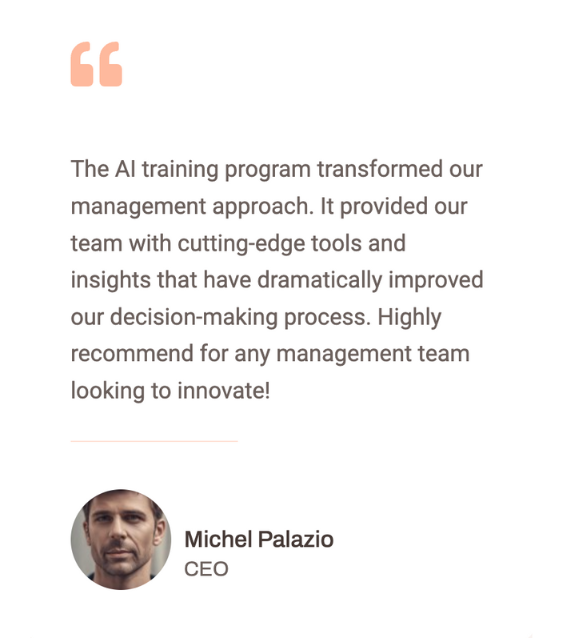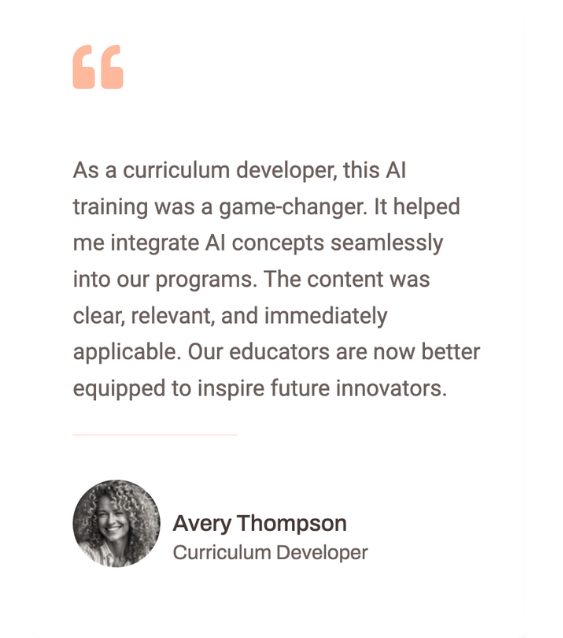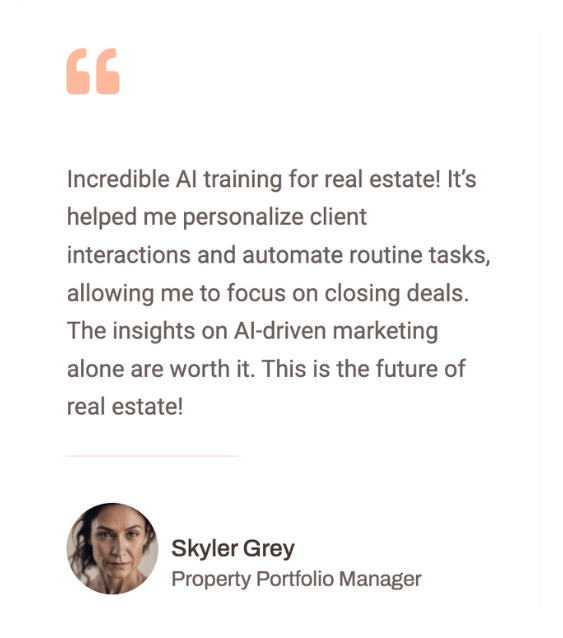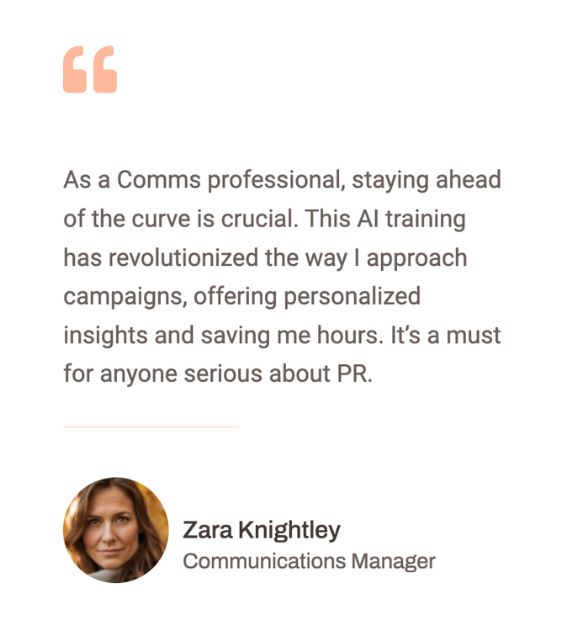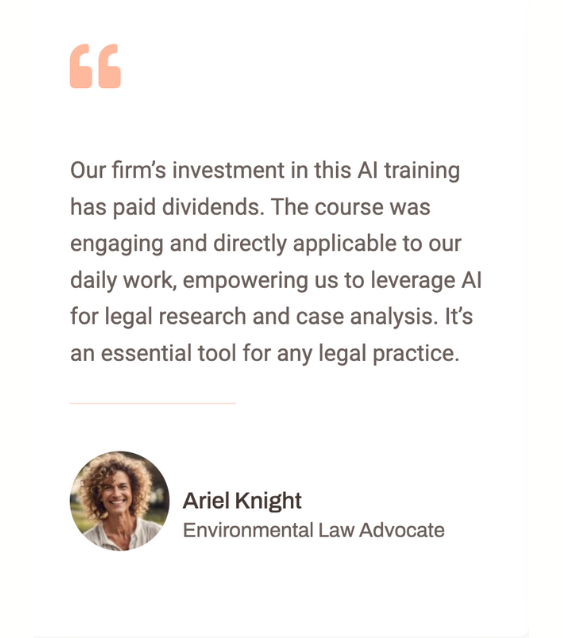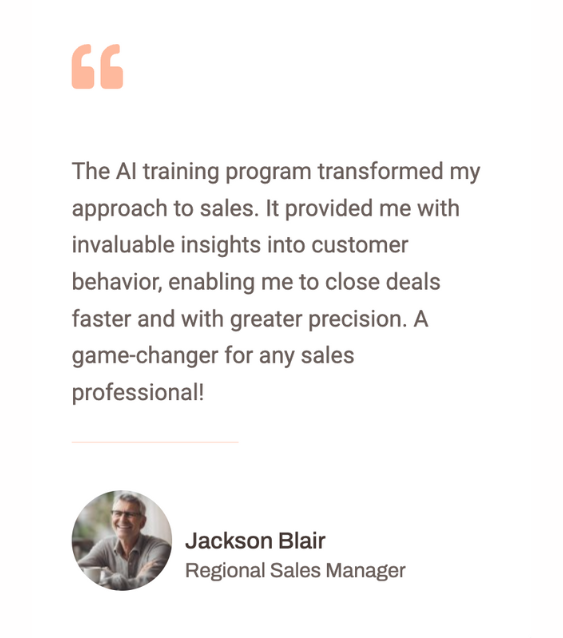Video Course: Creating CustomGPT for Hospitality with ChatGPT
Discover how to elevate your hospitality services with AI through our course on creating CustomGPTs. Learn to craft AI models tailored to your hotel's unique needs, enhancing guest interactions and operational efficiency with personalized, human-like service.
Related Certification: Certification: CustomGPT Development for Hospitality with ChatGPT
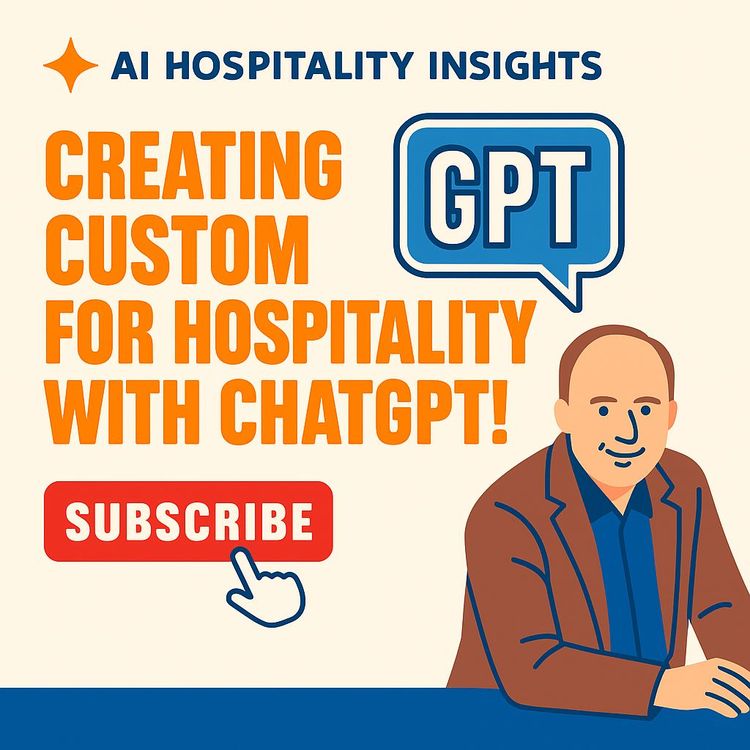
Also includes Access to All:
What You Will Learn
- Build a Custom GPT tailored to hotel front-desk and guest interactions
- Configure name, instructions, conversation starters, and knowledge uploads
- Enable capabilities like web search and image generation (DALL.E)
- Use Custom GPTs for marketing content and staff productivity
Study Guide
Introduction: Unleashing the Power of CustomGPT in Hospitality
Welcome to the comprehensive guide on creating CustomGPT for the hospitality industry using ChatGPT. In a world where personalization and efficiency are paramount, leveraging AI technology to enhance guest experiences and streamline operations is no longer a luxury but a necessity. This course will walk you through the process of developing tailored AI models that align with your hotel's unique brand voice and operational needs. By the end, you'll be equipped with the knowledge to transform your hospitality services through the power of AI.
Understanding Custom GPTs in Hospitality
What is a Custom GPT?
A Custom GPT is a hyper-personalized AI model built on OpenAI's GPT technology, specifically fine-tuned for the hospitality industry. Unlike generic AI models, these are trained using proprietary data to align with your hotel's unique brand voice and address specific challenges, guest preferences, and operational nuances. This results in an AI assistant that can interact with customers, employees, and partners in a more relevant and efficient manner.
Benefits of Custom GPTs for Hotels
Operating in a high-touch, guest-centric industry, hotels can greatly benefit from Custom GPTs. These AI models bridge the gap between operational optimization and human-like service, assisting with guest interactions, personalizing recommendations, and improving overall efficiency. For example, a Custom GPT could handle common inquiries or draft responses to guest reviews, ultimately enhancing guest satisfaction and strengthening brand reputation.
Creating a Basic Custom GPT Using ChatGPT
Getting Started
To create a Custom GPT, you need a paid subscription to ChatGPT. However, you can interact with existing Custom GPTs without a paid account. Start by navigating to the "Explore GPTs" section within the ChatGPT interface and click on "Create a GPT" to begin the configuration.
Configuration Process
The configuration involves two main areas: "configure" and "create." The "configure" section allows you to define the GPT's name, description, instructions, and upload knowledge files. The "create" section involves interactive building through conversation with ChatGPT. For instance, you might instruct it to "create an agent that will assist my hotel front desk in becoming more effective in responding to guest concerns."
Practical Example
Consider a hotel front desk assistant GPT. You provide initial instructions, such as "prioritize quick, clear, and empathic communication while maintaining a warm and welcoming tone." ChatGPT processes these instructions and suggests a name, description, and conversation starters like "How should I respond to a guest who lost their room key?"
Customizing and Refining the GPT
Name and Description
After initial setup, you can edit the GPT's name and description to better fit your hotel's brand and objectives.
Detailed Instructions
Provide more detailed instructions to guide the GPT's behavior. For example, instruct it to avoid providing legal, medical, or financial advice, ensuring it aligns with high hospitality standards.
Enhancing Capabilities
Upload files like hotel policies to provide the GPT with specific information, ensuring responses align with internal guidelines. Enable capabilities such as web search for real-time information and DALL-E for image generation to enhance interactions.
Practical Example
A hotel might upload policies for handling guest concerns, allowing the GPT to provide accurate and aligned responses. Additionally, enabling web search could help the GPT provide guests with up-to-date local event information.
Advanced Custom GPT for Marketing
Crafting Targeted Content
Beyond operational support, Custom GPTs can assist with marketing efforts. For instance, a GPT designed for crafting LinkedIn posts could be trained with a comprehensive document on writing effective posts, incorporating local context and hotel-specific details.
Workflow Example
This GPT might ask for the hotel name, location, target audience, and event or topic to highlight. It then generates an optimized LinkedIn post with headline options and relevant hashtags. This showcases the GPT's ability to create tailored marketing content.
Using Custom GPTs for Personal Productivity
Writing Assistant
Custom GPTs can also support individual productivity. A writing assistant GPT could help generate ideas and outlines for newsletters or blog posts related to digital transformation in hospitality.
Practical Application
Trained with the presenter's background in AI, this GPT could provide topic suggestions and outlines, demonstrating its ability to leverage provided knowledge for targeted assistance.
ChatGPT Tasks for Enhanced Efficiency
Automating Information Gathering
The "tasks" feature in ChatGPT can automate information gathering, such as compiling daily hospitality news from various sources. This allows GPTs to act as a virtual agent, freeing up time for more strategic tasks.
Example Application
A hotel could use this feature to stay updated on industry trends, ensuring they remain competitive and informed.
Strategic Implications for Hotels
Competitive Advantage
Utilizing Custom GPTs enables hotels to differentiate themselves by offering unique and personalized experiences. This technology empowers hotels to move beyond competitive markets into unexplored opportunities.
Team Engagement
Engaging the entire hotel team in identifying opportunities for Custom GPT applications is crucial. Creative and innovative team members might identify valuable use cases, enhancing the hotel's operations.
Call to Action and Further Engagement
Now is the time to explore the possibilities of Custom GPTs for your hotel. Consider upgrading to a paid ChatGPT subscription to create your own tailored AI models. Engage with your team to brainstorm potential applications, and don't hesitate to seek further assistance through available consultations.
Conclusion: Transforming Hospitality with CustomGPT
Through this course, you've gained a comprehensive understanding of creating Custom GPTs for the hospitality industry. From enhancing guest interactions to supporting marketing efforts, these AI models offer significant benefits in terms of personalization, efficiency, and brand alignment. As you apply these skills, remember the importance of thoughtful implementation and continuous refinement to ensure your Custom GPTs remain effective and aligned with your hotel's goals. Embrace the power of AI to transform your hospitality services and create unforgettable guest experiences.
Podcast
There'll soon be a podcast available for this course.
Frequently Asked Questions
Introduction
Welcome to the FAQ section for the 'Video Course: Creating CustomGPT for Hospitality with ChatGPT.' This comprehensive guide is designed to address common questions about developing and implementing custom GPTs in the hospitality industry. Whether you're a beginner or an experienced professional, this FAQ aims to provide clear, practical, and insightful answers to help you leverage AI technology effectively in your business.
What exactly is a custom GPT in the context of hotels and hospitality?
A custom GPT (Generative Pre-trained Transformer) is a hyper-personalised AI model built upon OpenAI's GPT technology, specifically fine-tuned for particular industries like hotels and the broader hospitality sector. Unlike generic AI models, a custom GPT can be trained using proprietary data, programmed to align with a hotel's unique brand voice (or a chain's voice), and tailored to address the specific challenges, guest preferences, and operational nuances of the hospitality environment. This results in an AI assistant that can interact with customers, employees, and partners in a more relevant, efficient, and impactful manner.
Why should hotels consider using custom GPTs?
Hotels operate in a high-touch, guest-centric industry where hyper-personalisation and efficiency are crucial for success. Custom GPTs offer a unique opportunity to bridge the gap between operational optimisation and the provision of human-like service. They can assist with understanding and responding to guest concerns more effectively, handling common inquiries, personalising recommendations, and even drafting responses to reviews. This can lead to enhanced guest satisfaction, improved operational efficiency for staff, and ultimately a stronger brand reputation and potentially increased revenue.
Can anyone create a custom GPT using ChatGPT?
To create your own custom GPT on ChatGPT, you need to have a paid subscription to the service. However, you can interact with and utilise existing custom GPTs created by others even without a paid account. The creation process itself is designed to be relatively straightforward within the ChatGPT interface.
Where can I find and create custom GPTs within ChatGPT?
Within the ChatGPT interface, you can find custom GPTs by navigating to the "Explore GPTs" section. This area showcases featured, trending, and GPTs created by both OpenAI and third-party users. To create your own custom GPT, you need to click on the "Create a GPT" button, which will take you to a configuration interface where you can define the GPT's name, description, instructions, conversation starters, and upload knowledge.
What is involved in the basic process of creating a custom GPT for a hotel front desk?
The basic process involves providing clear instructions to ChatGPT about the purpose of your custom GPT. For example, you might instruct it to "create an agent that will assist my hotel front desk in becoming more effective in responding to guest concerns." ChatGPT will then guide you through naming the GPT, suggest a profile picture, and provide initial instructions based on your input. You can then test the GPT with sample queries to see how it responds and further refine its configuration and instructions.
How can a hotel further enhance the capabilities of its custom GPT?
Beyond the initial instructions, hotels can significantly enhance their custom GPTs by leveraging the "Configure" section. This includes uploading "knowledge" files, such as hotel policies for handling guest concerns, which ensures the AI's responses align with established procedures. Additionally, enabling capabilities like "Web Search" allows the GPT to access and incorporate real-time information into its interactions. For marketing-focused GPTs, integrating with capabilities like image generation can help create visually engaging content.
Can custom GPTs be used for more than just front desk operations in a hotel?
Yes, the potential applications of custom GPTs in the hospitality industry extend far beyond the front desk. They can be developed to assist with marketing efforts, such as crafting targeted social media posts, generating ideas for newsletters, and even helping to analyse guest reviews. Other potential uses include internal training, providing information about local attractions, and even assisting with specific guest requests like room service or maintenance issues. The key is to identify specific needs or areas where an AI assistant could add value and then tailor the GPT accordingly.
Are there any limitations or important considerations when creating and using custom GPTs for hotels?
While custom GPTs offer significant benefits, it's important to be aware of certain limitations and considerations. For instance, it's crucial to avoid the GPT providing legal, medical, or financial advice without proper authorisation. Similarly, the GPT should refrain from making guarantees or commitments on behalf of the hotel that it is not empowered to make. Training the model with accurate and up-to-date information is essential to prevent "hallucinations" or incorrect responses. Furthermore, when using features like image generation for marketing, it's important to be mindful of potential copyright issues or content guidelines. Continuous monitoring and refinement of the custom GPT are necessary to ensure it remains effective and aligned with the hotel's goals and standards.
How does a custom GPT differ from a general AI model?
A custom GPT is specifically fine-tuned for particular industries or use cases, such as hospitality, using proprietary data and programming to align with a unique brand voice. In contrast, a general AI model is non-specialised and not trained for specific purposes. Custom GPTs offer hyper-personalisation and are tailored to address specific challenges and preferences, making them more effective for specialised tasks.
What are the main elements that can be configured when creating a custom GPT?
Main configurable elements include the name of the GPT, a description outlining its purpose, instructions detailing its behaviour, conversation starters to guide user interaction, the ability to upload knowledge in the form of files, and the selection of capabilities like web browsing or image generation.
How can uploading "knowledge" enhance the functionality and accuracy of a custom GPT for a hotel?
Uploading "knowledge," such as a hotel's policy document on handling guest concerns, can ensure that the custom GPT's responses are aligned with official procedures and provide accurate, brand-consistent information. This enhances the GPT's ability to deliver precise and reliable answers to guest inquiries, improving overall service quality.
What are some capabilities that can be enabled for a custom GPT in hospitality?
Two capabilities are web search, which allows the custom GPT to access and incorporate real-time information from the internet into its responses (useful for providing up-to-date local recommendations), and image generation (DALL-E), which enables the GPT to create visuals based on user requests or contextual information (potentially for generating social media content).
What are the potential long-term benefits for hotels that effectively utilise custom GPTs?
Potential long-term benefits include the ability to differentiate the hotel in the market, tap into uncontested markets by offering unique and personalised experiences, amplify guest experiences leading to positive reviews and repeat business, and potentially create new revenue streams. Custom GPTs can also enhance operational efficiency and reduce costs by automating routine tasks and improving service delivery.
What are some common misconceptions about using AI in hospitality?
One common misconception is that AI will completely replace human staff, leading to job losses. In reality, AI is designed to augment human capabilities, handling repetitive tasks and allowing staff to focus on more complex and personal interactions. Another misconception is that AI lacks the ability to understand or empathise with guests. While AI cannot replicate human emotions, it can be programmed to respond in ways that mimic empathy and understanding, enhancing guest interactions.
How can hotels address potential ethical challenges when implementing custom GPTs?
Hotels can address ethical challenges by ensuring transparency in AI interactions, such as informing guests when they are communicating with an AI. They should also regularly audit AI systems for bias and inaccuracies, and provide training to staff on ethical AI use. Data privacy should be a top priority, with robust measures in place to protect guest information and comply with relevant regulations.
How can hotels balance automated and human interaction?
Hotels can balance automated and human interaction by using AI to handle routine tasks and inquiries, freeing up staff to focus on more complex and personalised guest interactions. AI can be used to gather and analyse data, providing staff with insights to enhance service delivery. It's important to maintain a human touch in interactions that require empathy, understanding, and personalisation, ensuring a seamless and satisfying guest experience.
What are some practical applications of custom GPTs in hospitality marketing?
Custom GPTs can be used to generate personalised marketing content, such as social media posts, newsletters, and promotional materials. They can analyse guest data to identify trends and preferences, tailoring marketing strategies to target specific audiences effectively. AI can also assist in crafting engaging narratives and visual content, enhancing brand storytelling and increasing guest engagement.
How can custom GPTs improve operational efficiency in hotels?
Custom GPTs can automate routine tasks, such as answering common guest inquiries, processing bookings, and managing reservations. They can assist in staff training by providing instant access to information and resources. By streamlining operations and reducing the workload on staff, custom GPTs can enhance productivity, reduce response times, and improve overall service quality.
What are the risks of relying too heavily on AI in hospitality?
Over-reliance on AI can lead to a lack of personal touch in guest interactions, potentially affecting guest satisfaction and loyalty. AI systems may also generate incorrect or inappropriate responses, necessitating human oversight and intervention. It's important to strike a balance between automation and human interaction, ensuring that AI complements rather than replaces human capabilities.
How can hotels ensure the quality and scope of input for custom GPTs?
Hotels should provide clear, comprehensive instructions and relevant knowledge to their custom GPTs, ensuring that the AI is well-informed and aligned with brand standards. Regular updates and training are essential to maintain accuracy and relevance. Hotels should also involve staff in the development process, gathering feedback and insights to refine AI capabilities and improve performance.
What are the potential future developments of custom AI models in hospitality?
Future developments in AI technology could further enhance personalisation and guest experiences, with AI systems becoming more intuitive and responsive. Advancements in natural language processing and machine learning may enable AI to understand and predict guest needs more accurately. AI could also play a greater role in sustainability efforts, optimising resource usage and reducing environmental impact in hotel operations.
Certification
About the Certification
Show the world you have AI skills—earn certification in CustomGPT Development for Hospitality with ChatGPT. Gain expertise in creating tailored AI solutions that transform guest experiences and streamline hospitality operations.
Official Certification
Upon successful completion of the "Certification: CustomGPT Development for Hospitality with ChatGPT", you will receive a verifiable digital certificate. This certificate demonstrates your expertise in the subject matter covered in this course.
Benefits of Certification
- Enhance your professional credibility and stand out in the job market.
- Validate your skills and knowledge in cutting-edge AI technologies.
- Unlock new career opportunities in the rapidly growing AI field.
- Share your achievement on your resume, LinkedIn, and other professional platforms.
How to complete your certification successfully?
To earn your certification, you’ll need to complete all video lessons, study the guide carefully, and review the FAQ. After that, you’ll be prepared to pass the certification requirements.
Join 20,000+ Professionals, Using AI to transform their Careers
Join professionals who didn’t just adapt, they thrived. You can too, with AI training designed for your job.

